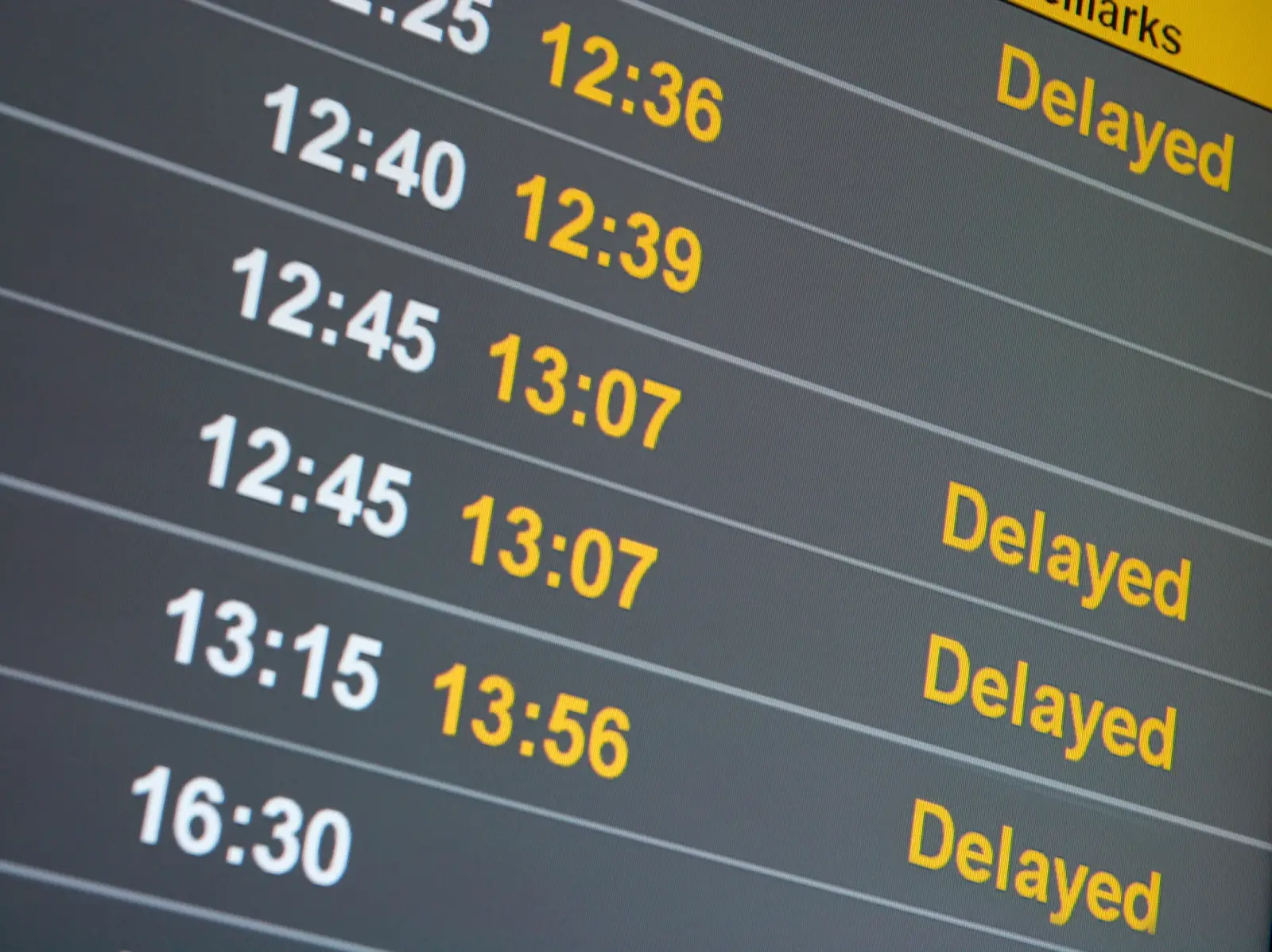A cup of tea or coffee in Turkey’s cafés has long been an affordable luxury, but recent price hikes and new time-based fees are changing the experience for many customers.
As operational costs soar, some cafés—particularly in Istanbul’s busiest districts—are introducing a pay-per-minute policy, charging customers who linger too long at their tables without ordering more.
This controversial change has sparked debates among locals, students, and tourists, with many questioning whether café culture is losing its charm.
A Pricey New Trend: Time-Based Fees for Sitting
In certain luxury cafés in areas like Taksim, customers are now required to order a new item every 30 minutes or an hour—or face additional fees. Some establishments have also set minimum spending limits for larger tables, meaning guests who don’t meet the required amount may be asked to leave.
For instance, in some cafés, if a customer orders less than 220 TL, they may not be allowed to remain seated for an extended period. Notices placed on tables serve as a warning, making it clear that simply enjoying a leisurely coffee or tea for hours is no longer welcome without additional spending.
Café Costs Soar in Turkey
The new time-based charges come at a time when café prices in Turkey have skyrocketed. Currently, the average cost of a cup of tea in certain cafés has risen to 50 TL ($1.65 USD), while a regular coffee can cost up to 100 TL ($3.30 USD).
The increase in costs is partly due to inflation and rising rent prices, pushing many businesses to look for new ways to maximize profits. Some café owners argue that customers occupying tables for extended periods without ordering more reduce their ability to serve new patrons, affecting revenue in high-demand locations.
Students Face the Biggest Impact
While tourists and casual visitors might not feel the impact immediately, students have been hit the hardest by these changes. Many university students traditionally use cafés as study spaces, especially during exam seasons.
With café prices already at an all-time high, students are now finding it difficult to afford both the expensive drinks and the additional fees for sitting too long. Many have expressed frustration, saying that their favorite study spots are becoming inaccessible.
A Changing Café Culture?
For decades, Turkish café culture has been about socializing, reading, or enjoying long conversations over a cup of tea or coffee. However, these new rules are changing the way people interact in public spaces.
As more cafés implement time-based pricing, some customers may begin looking for alternative spots—such as libraries, coworking spaces, or student-friendly cafés with relaxed policies.
Will this trend continue, or will customer backlash force cafés to reconsider? Only time will tell.











